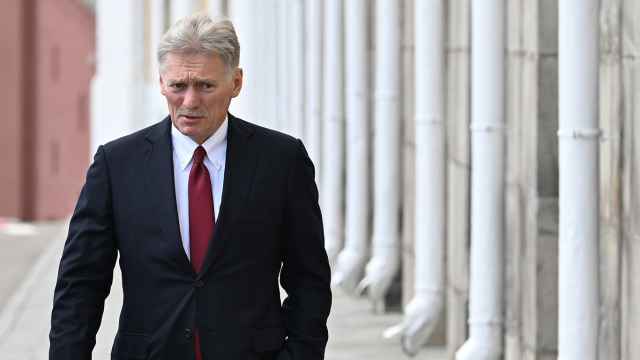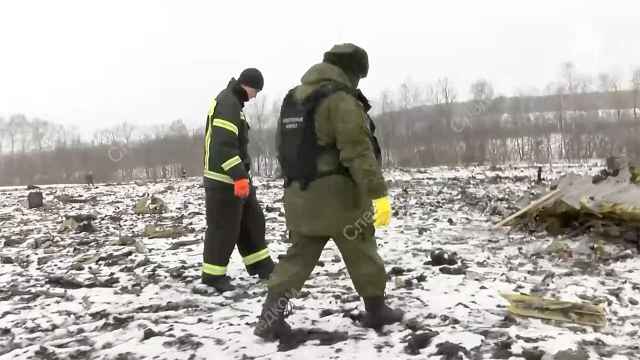A long-term settlement in Ukraine is "impossible" without addressing wider issues of European security, the Kremlin said Tuesday, s U.S. and Russian officials held their first high-level talks since Moscow's full-scale invasion.
"A lasting and long-term viable resolution is impossible without a comprehensive consideration of security issues on the continent," Kremlin spokesman Dmitry Peskov said, responding to a question by AFP.
Peskov also said Moscow would not oppose Ukraine's potential membership in the European Union but reiterated its strong opposition to Kyiv joining NATO.
"With regard to Ukraine joining the EU, it is the sovereign right of any country... Nobody can dictate to another country and we do not plan on dictating," he said. "But it is completely different when it comes to security issues and military alliances. Here we have a different approach that is well known."
Moscow annexed Crimea in 2014 and backed armed pro-Russian separatists in eastern Ukraine after a pro-EU revolution ousted Ukraine’s Moscow-friendly president.
The Kremlin said President Vladimir Putin was "ready" to negotiate with his Ukrainian counterpart Volodymyr Zelensky.
"Putin has said himself that he would be ready to negotiate with Zelensky if necessary, but the legal basis of agreements needs discussion considering the reality that Zelensky's legitimacy can be questioned," Peskov said.
Zelensky's five-year term was set to expire last year, but Ukrainian law does not require presidential elections under martial law, which has been in effect since the February 2022 invasion.
Moscow has dismissed this and repeatedly claimed it does not recognize Zelensky as Ukraine's legitimate president.
Zelensky has said he would be prepared to "compromise" and meet with Putin, but only after Ukraine and its allies agree on a unified position for ending the war.
A Message from The Moscow Times:
Dear readers,
We are facing unprecedented challenges. Russia's Prosecutor General's Office has designated The Moscow Times as an "undesirable" organization, criminalizing our work and putting our staff at risk of prosecution. This follows our earlier unjust labeling as a "foreign agent."
These actions are direct attempts to silence independent journalism in Russia. The authorities claim our work "discredits the decisions of the Russian leadership." We see things differently: we strive to provide accurate, unbiased reporting on Russia.
We, the journalists of The Moscow Times, refuse to be silenced. But to continue our work, we need your help.
Your support, no matter how small, makes a world of difference. If you can, please support us monthly starting from just $2. It's quick to set up, and every contribution makes a significant impact.
By supporting The Moscow Times, you're defending open, independent journalism in the face of repression. Thank you for standing with us.
Remind me later.






